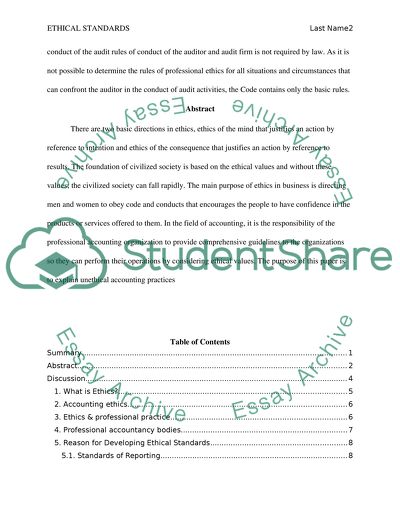Cite this document
(“Understanding the Nature of Ethics in the Landscape of Accounting Essay”, n.d.)
Understanding the Nature of Ethics in the Landscape of Accounting Essay. Retrieved from https://studentshare.org/finance-accounting/1491327-accounting-ethics
Understanding the Nature of Ethics in the Landscape of Accounting Essay. Retrieved from https://studentshare.org/finance-accounting/1491327-accounting-ethics
(Understanding the Nature of Ethics in the Landscape of Accounting Essay)
Understanding the Nature of Ethics in the Landscape of Accounting Essay. https://studentshare.org/finance-accounting/1491327-accounting-ethics.
Understanding the Nature of Ethics in the Landscape of Accounting Essay. https://studentshare.org/finance-accounting/1491327-accounting-ethics.
“Understanding the Nature of Ethics in the Landscape of Accounting Essay”, n.d. https://studentshare.org/finance-accounting/1491327-accounting-ethics.


